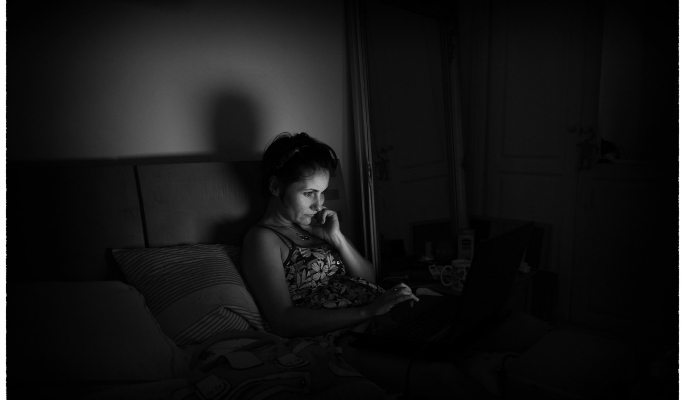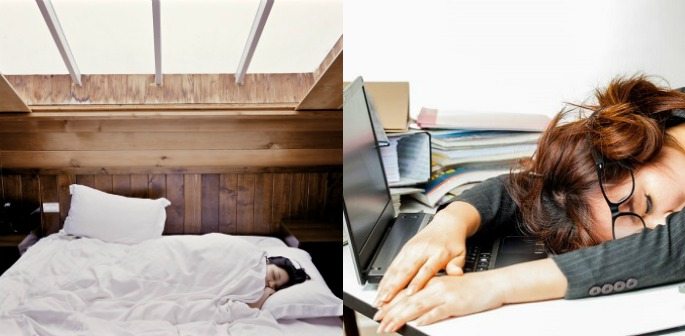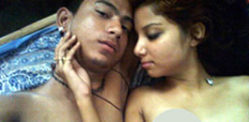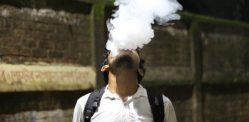TOI suggests that 93% of Indians have sleep deprivation
Sleep deprivation is being reported as a global problem. Doctors and institutions around the world compare the amount of sleep had with how much should be had.
The Times of India (TOI) reported in October 2016 that 1 in 5 of adults globally is sleep deprived.
The poll conducted by Curofy – a community of verified Indian doctors, attributed the lack of sleep to lifestyle and working hours.
Anxiety, tension and nervousness can develop because of work pressure, personal relationships and household matters. These things can lead to people taking sleeping pills to help them sleep.

Dr Pawan Gupta, co-founder of the study, said: “There is a large population suffering from a sleep disorder and our agenda on the World Sleep Day was to showcase these numbers and spread the awareness about the bad effects of taking sleeping pills.”
Another article published in 2016 by TOI suggests that 93% of Indians have sleep deprivation. It states that 93% of adults in India are getting less than 8 hours of sleep a night.
However, Aviva published findings after surveying 13 countries. The UK, Ireland, and Canada all scored in the top list for people who felt they weren’t getting enough sleep.
Whilst Aviva suggested people in India may be less likely to have sleep deprivation.
Aviva also found that lack of sleep can impact the desire to exercise. 44% of Brits say they were too tired to exercise.
Zara, 29 of Blackburn, says: “If I haven’t had a restful night then I’m not going to want to do anything strenuous. But, I would still try to exercise most days even if I didn’t get enough sleep.”
Dr Doug Wright, Medical Director for Aviva Health UK, says:
“Sleep plays an important role in mental and physical health. Your body uses this time to renew and repair.
“However, it’s very easy to make a habit of going to bed too late, or not being able to switch off when you do eventually turn in for the night.”
The Centres for Disease Control and Prevention on Sleep Deprivation
The Centres for Disease Control and Prevention (CDC) marks insufficient sleep as a public health problem.
The CDC states that sleep insufficiency links to health problems. This, in turn, can sometimes link to motor vehicle accidents, industrial accidents, and medical and occupational errors.
Ahmed, 32, an advanced physio working in Staffordshire, said: “Sleep deprivation can cause tired muscles as you need recovery and rest.
“Sleep deprivation may slow down reactions. But some people can make do with just 3 hours of sleep and still function. Hence it varies.”
Depression, diabetes, hypertension, obesity and reduced quality of life can all be linked to lack of sleep.
The CDC states societal factors may be causing this problem. These may be increased use of technology, work schedules, and so on.
The Behavioural Risk Factor Surveillance System (BRFSS) did a survey regarding insufficient sleep in 2009. In this study, among 35.3% of adults in 12 states reported getting just under 7 hours of sleep. This did not include those who did not know sleep deprivation was affecting them.
Monica, from Birmingham, said she feels her sleeping pattern is affecting her daily life. The 21-year-old said: “I feel like my sleeping pattern is constantly messed up. There have been times where I’ve woken up with a headache. My sleeping routine is affecting my overall health.”
How much sleep should we be getting?
According to the CDC, adults should be getting 7-8 hours of sleep per night. Whilst teenagers need approximately 9-10 hours.
The National Sleep Foundation breaks down the amount of sleep needed for specific age groups. They introduced a new category for 18-25-year-olds, who need 7-9 hours of sleep per night. 26-64-year-olds need the same amount of sleep.
But, the NSF still withholds that hours of sleep vary from person to person.
Shannon, 21, from Birmingham, said she spent a lot of time on her phone whilst getting into bed. She said: “I get around 6 hours of sleep per night. But, I get into bed and then I use my phone. So I don’t sleep when I say I do.

“There is lighting changes on the phone specifically for night time. Which makes it easier to use your phone at night, otherwise the brightness would put me off.”
A few tips on getting to sleep include creating a new routine and waking at the same time every morning and sleeping at the same time every night.
Avoid alcoholic drinks and caffeine before going to bed. The problem may also lie with the use of technology, such as mobile phones and laptops.
Sleep deprivation has become a global problem because of a vast number things. Nobody is really switching off. Insomnia sufferers cannot beat it. More people are taking sleeping pills. An effort needs to be made for sleeping habits to improve.






























































